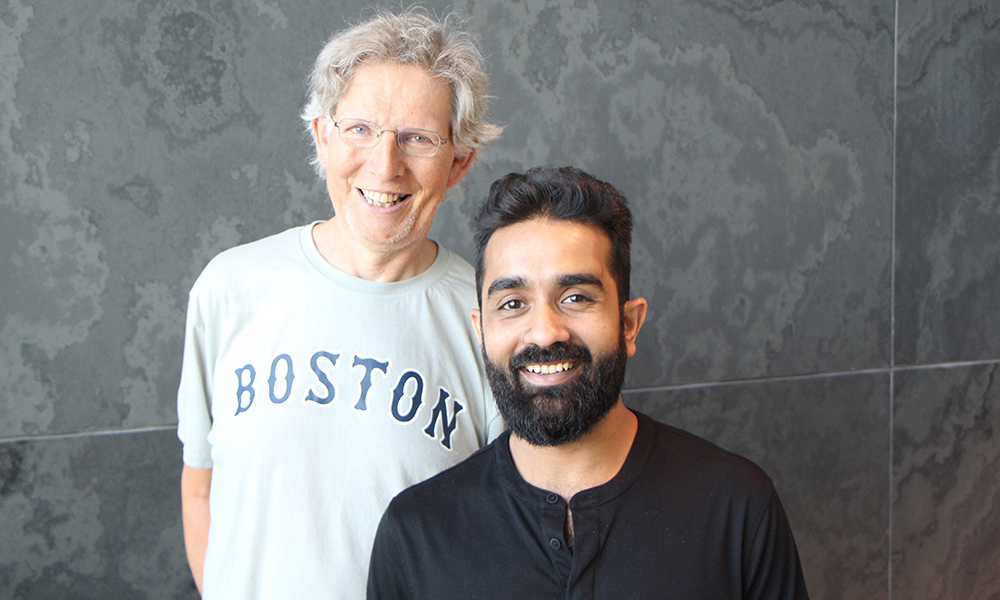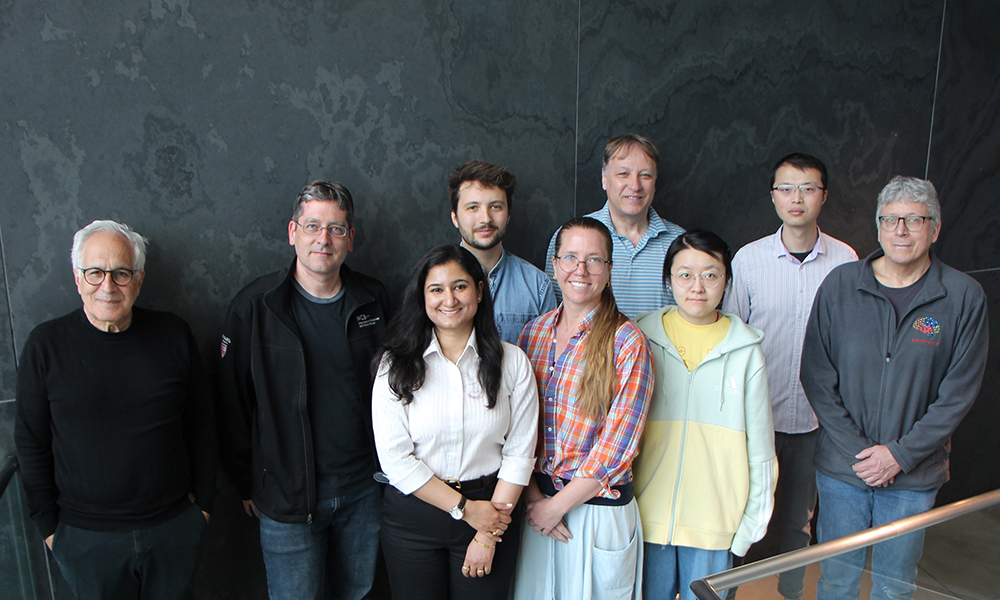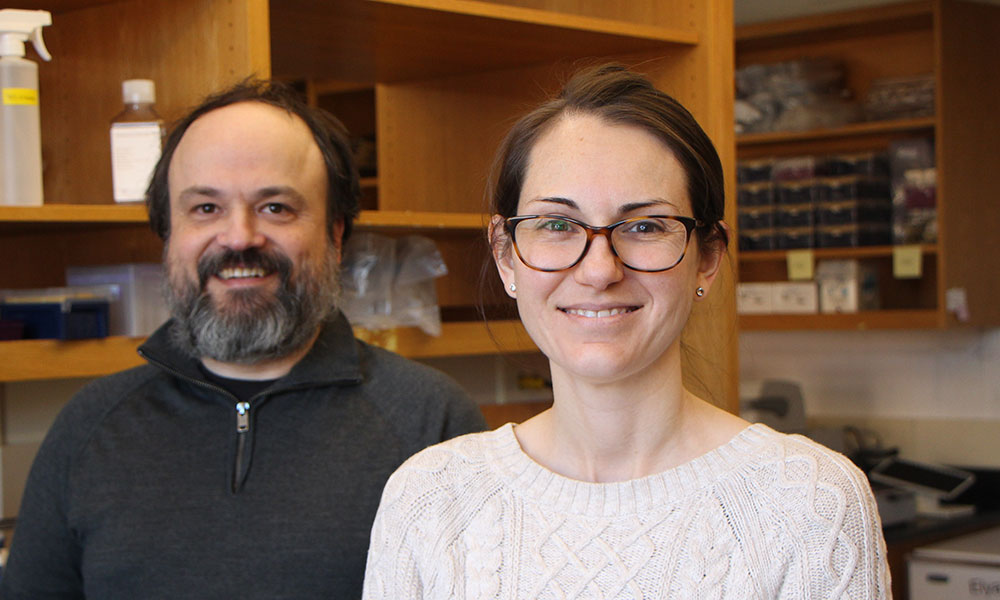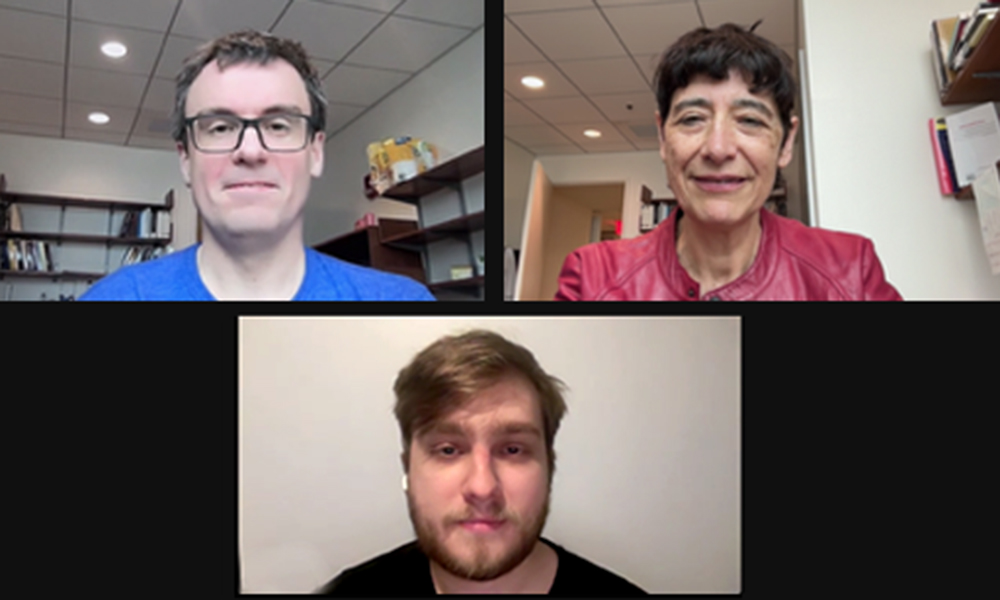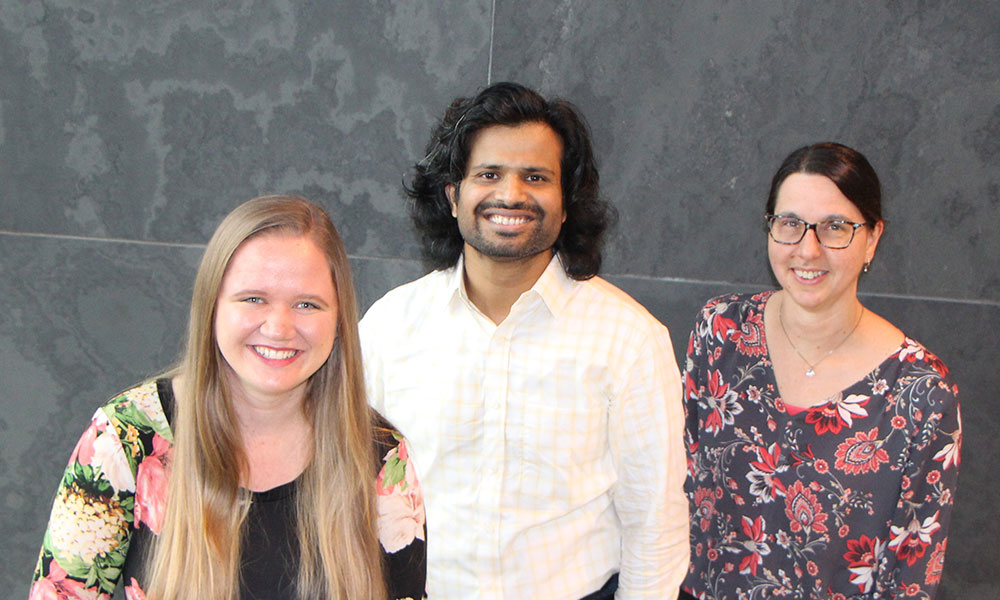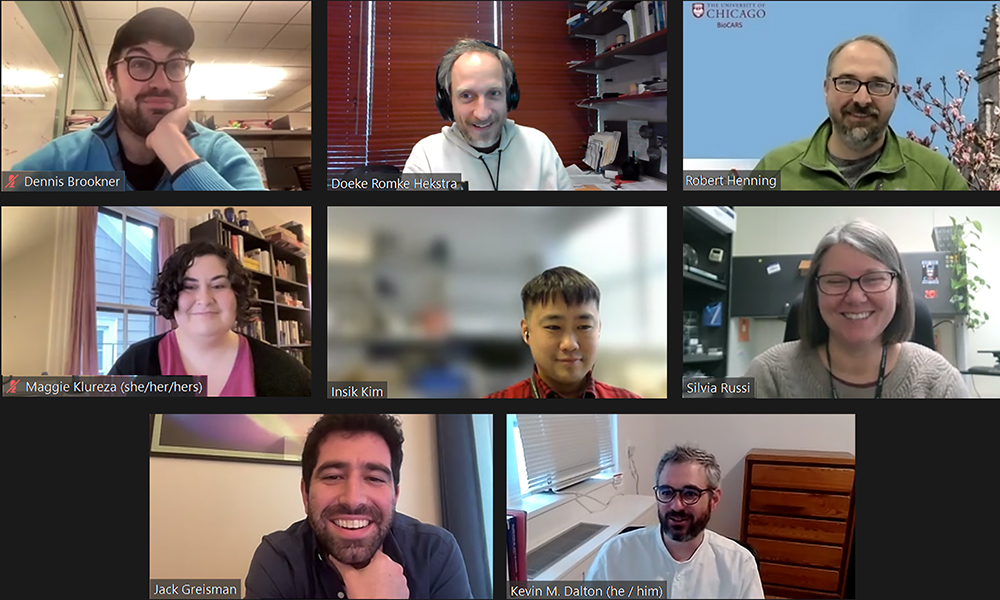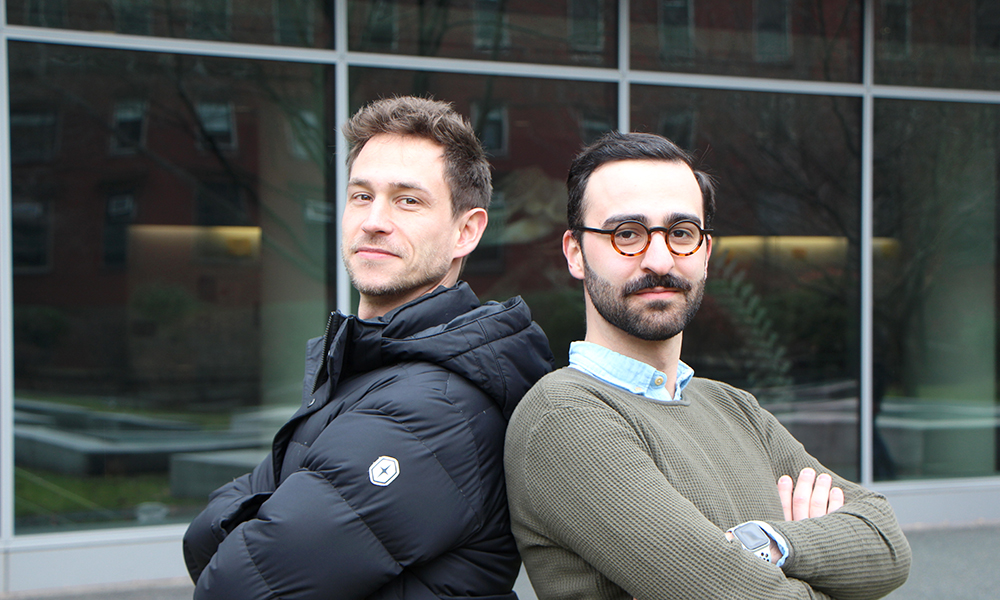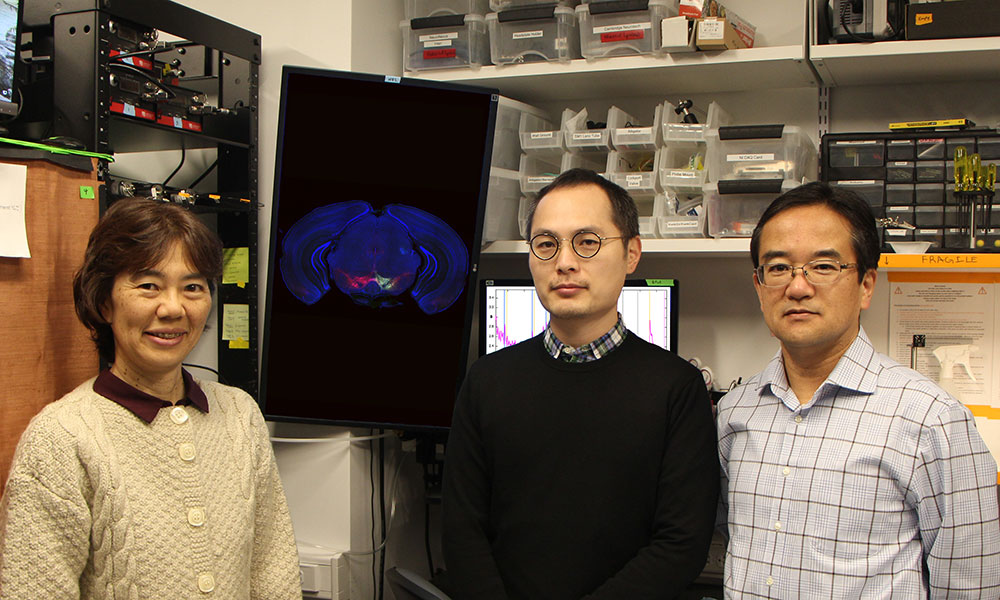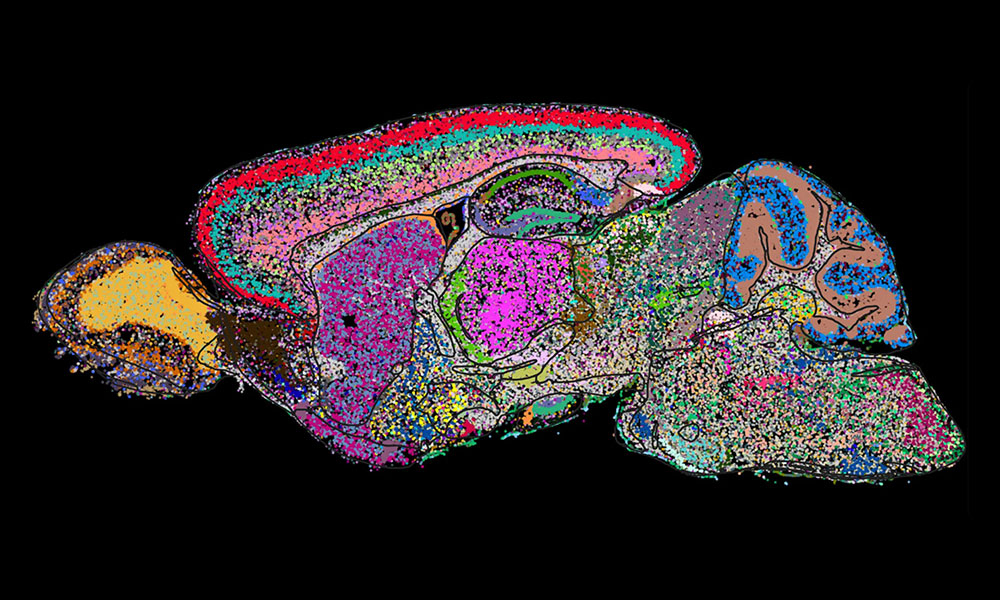There is a class of AI called reinforcement learning (RL), which works by taking actions in an environment and then learning from the outcome. RL agents have become…
Researchers from the Murray Lab, led by Biological and Biomedical Sciences (BBS) graduate student Piyush Nanda, have recently published a paper in the journal Current Biology on a…



